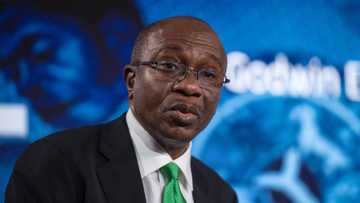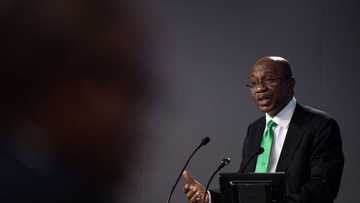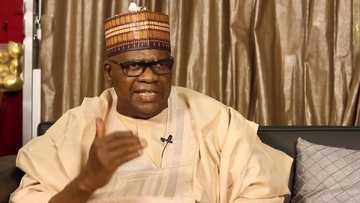Emefiele’s Quick Thinking and COVID-19 Success Story by Abdulkadir Kabiru
Editor's note: Abdulkadir Kabiru, a Kaduna-based public affairs commentator in this piece, reveals in detail how the Central Bank of Nigeria (CBN) governor, Godwin Emefiele, initiated reforms in the health sector to tackle Nigeria's COVID-19 crisis and other health-related challenges.
On April 6, 2022, the federal government removed what was left of Nigeria’s COVID-19 restrictions announced two years ago in the wake of the outbreak of the pandemic. The government explained that the decision followed the reduced risk of importation of new variants and the availability of vaccines and the increasing number of people vaccinated in Nigeria and globally.
While Nigerians celebrate the efficiency with which the government handled the COVID-19 crisis which has culminated in the lifting of the remaining pandemic related restrictions, it is important to take stock and reflect on how a disaster was averted, largely as a result of the quick thinking of the Central Bank of Nigeria (CBN) governor, Godwin Emefiele.
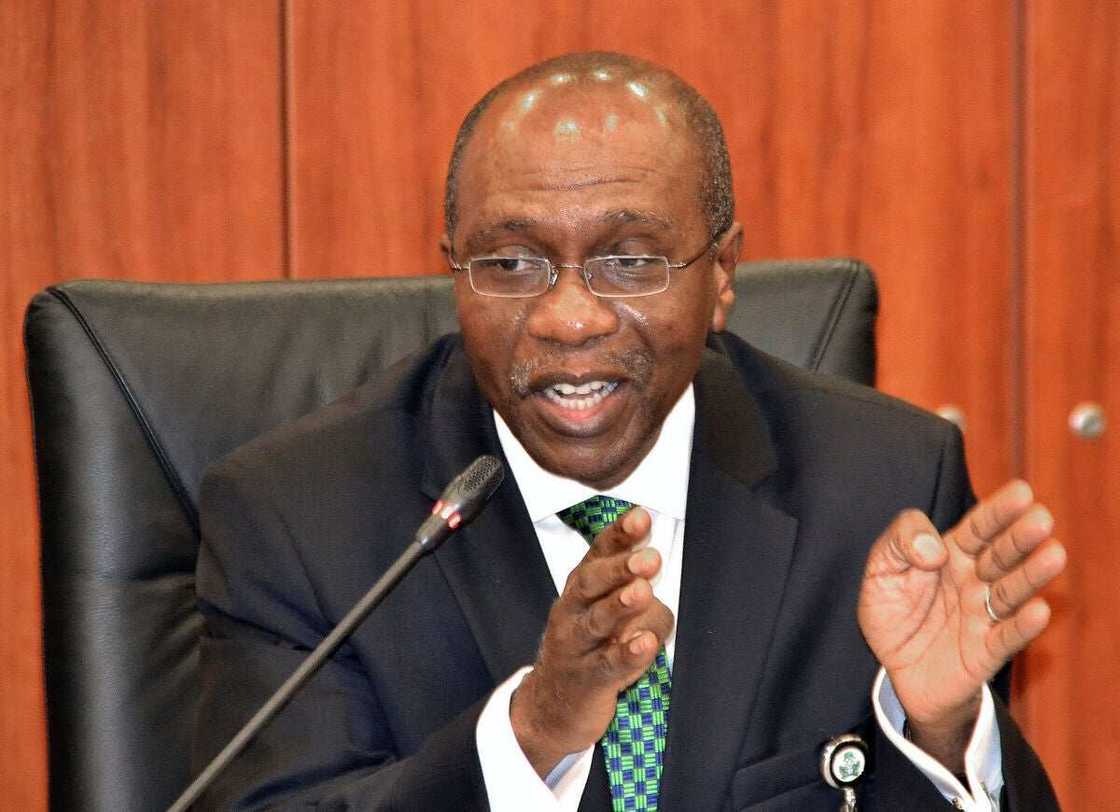
Source: Twitter
Emefiele, having realised the implications of the spread of the virus on Nigeria’s health and economy, swiftly and proactively announced policies to cushion the negative impacts of the pandemic on Nigerian healthcare, economy, businesses, and individuals.
While announcing the Bank’s emergency interventions, the CBN governor explained why the immediate reduction of interest rates on all applicable CBN intervention facilities to five percent from nine percent per annum, for one year effective from March 1, was crucial. Emefiele understood that with the outbreak of COVID-19 and its resultant restrictions on economic activities, companies and businesses would be hindered from repaying the loans received under the various programmes. By cutting interest rates, the Bank assisted businesses to have enough room to settle their financial obligations and help them continue to grow their businesses.
PAY ATTENTION: Install our latest app for Android, read best news on Nigeria’s #1 news app
Also, Emefiele announced a further extension of the period of grace given for the repayment of the loans by one year on all principal facilities, especially intervention loans, effective March 1, 2020. The Bank directed all participating financial institutions to consider temporary and time-limited restructuring of their loan tenor and terms to serve as a buffer for businesses and households most affected by the outbreak of COVID-19, particularly oil & gas, agriculture, hospitality, aviation, and manufacturing.
Emefiele also announced the establishment of a N50billion facility through the Nigeria Incentive-Based Risk Sharing System for Agricultural Lending (NIRSAL) microfinance bank for households as well as Small and Medium-scale Enterprises (SMEs) that have been badly hit by the pandemic. The CBN governor said in furtherance of its financial system stability mandate, the Bank was committed to providing support to affected households, businesses, financial institutions and other stakeholders with the hope that it would cushion the effect of the negative economic implications COVID-19 had on livelihoods and businesses.
Furthermore, Emefiele instituted a N100billion health sector emergency support fund to meet the impending increase in demand for healthcare services and products. The fund is targeted at offering loans to pharmaceutical companies intending to expand or open their drug manufacturing plants in Nigeria, as well as to hospitals and healthcare practitioners planning to expand/build the health facilities.
Emefiele said the aim of this emergency fund was to support the healthcare value chain so that hospitals, laboratories, researchers, academics, and innovators could work with their global counterparts to come up with medical and scientific breakthroughs in Nigeria to forestall any health disaster.
Emefiele also promised a continued commitment to strengthening its Loan to Deposit Ratio (LDR) policy to grow credits to the economy and reduce interest rates, and that the CBN would continue to support industry funding levels to maintain lending financial institutions’ capacities to offer credit to individuals, households, and businesses.
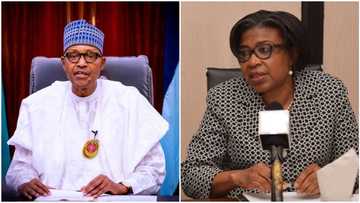
Read also
DMO explains how federal govt borrowing from World Bank, IMF, China, others have created jobs, boost economy
While rolling out guidelines for accessing the Bank’s N50bn Targeted Credit Facility (TCF), Emefiele said it was strictly as a stimulus package to support households and Micro, Small and Medium Enterprises affected by the Covid-19 pandemic because the pandemic had inflicted
“severe consequences on households’ livelihoods and business activities, resulting from drop in global demand, declined consumer confidence and slowdown in production.”
In addition, through the effort of Emefiele, the Coalition Against COVID-19 (CACOVID), a private sector-led organisation, was also established to assist the government in combating the disease in the country.
The apex bank’s ability to keep the financial sector running in the financial hubs of Lagos and Abuja, despite the directive by the federal government that social and economic activities be restricted for 14 days in Lagos, Ogun and the Federal Capital Territory is also worthy of note. Although physical activities in those three locations had been restricted to those offering essential services, technology was deployed to ensure that financial activities continue unhindered; thanks to the effort of the CBN at reducing dependence on cash with the cash-less policy.
How the Godwin Emefiele-led CBN responded to the economic consequences of the COVID-19 pandemic is a testament to the vision and foresight of the apex bank’s boss to go above and beyond statutory financial regulation and banker’s bank responsibility.
Disclaimer: The views and opinions expressed here are those of the author and do not necessarily reflect the official policy or position of Legit.ng.
Your own opinion articles are welcome at info@corp.legit.ng— drop an email telling us what you want to write about and why. More details in Legit.ng’s step-by-step guide for guest contributors.
Contact us if you have any feedback, suggestions, complaints, or compliments.
Source: Legit.ng


